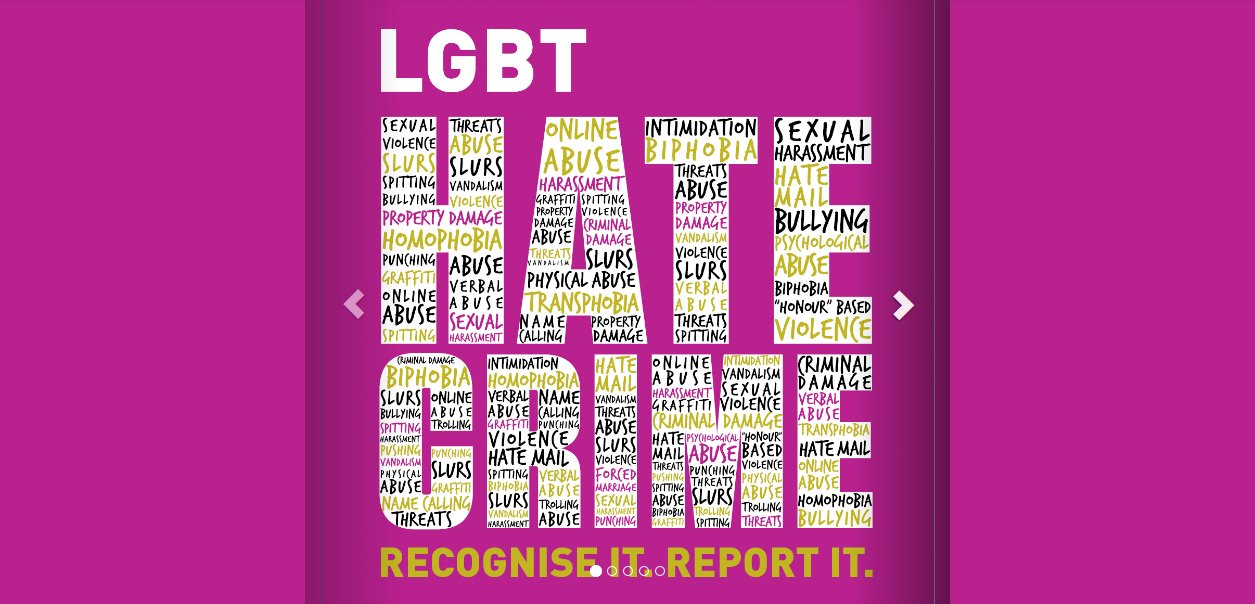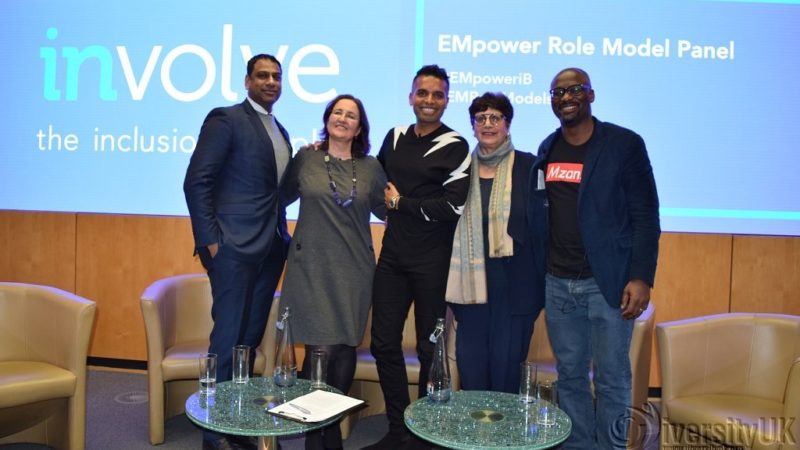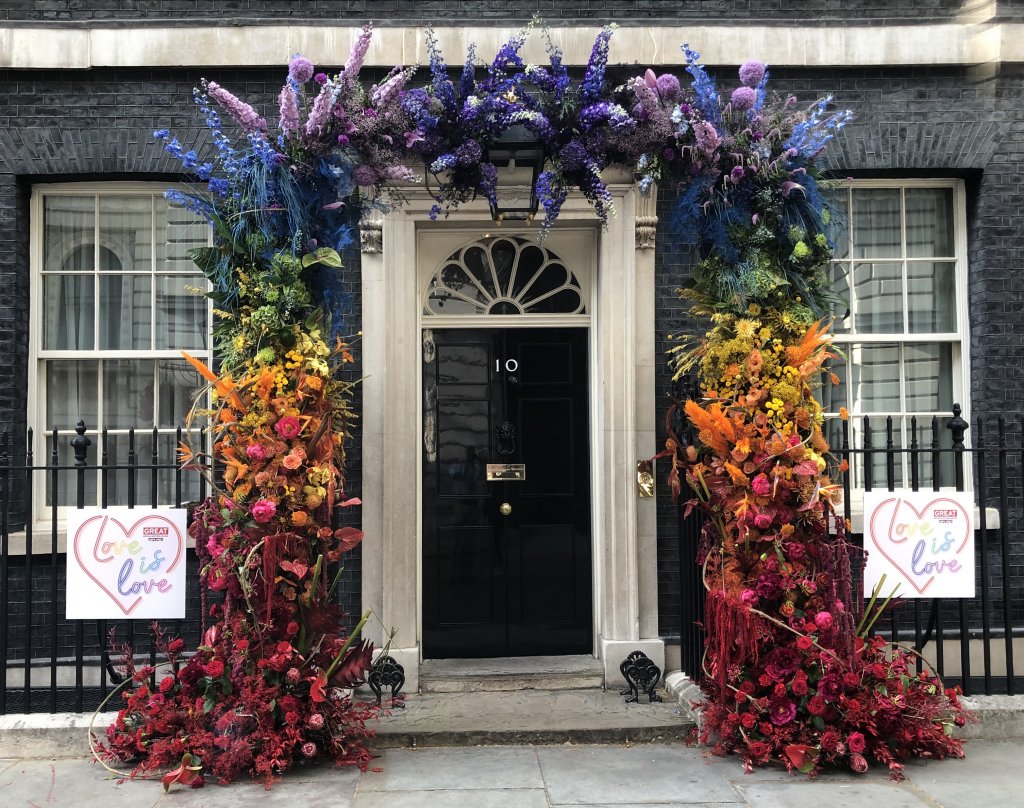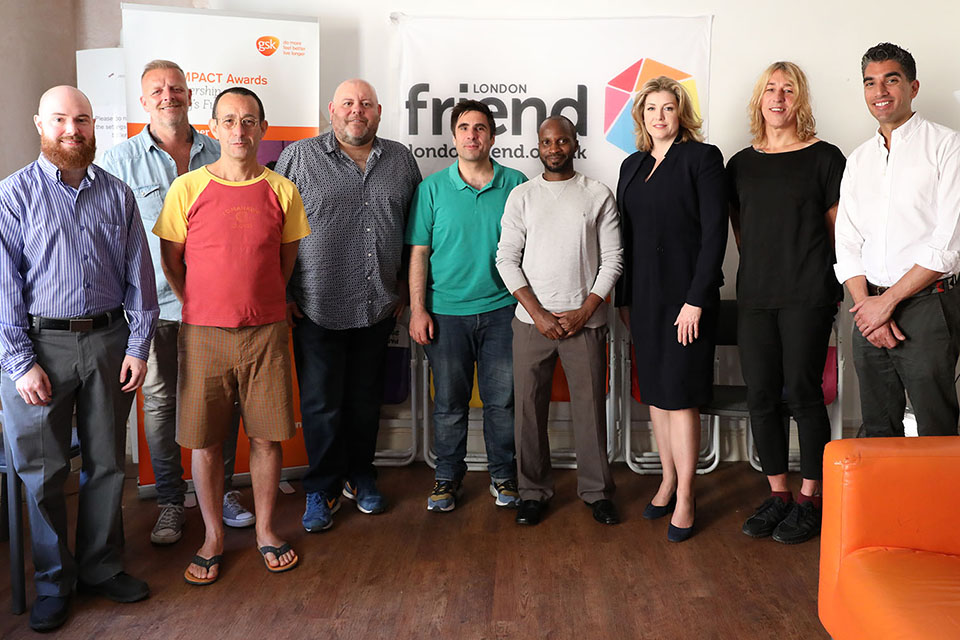Hidden ‘scandal’ of LGBT hate crime exposed

Fear of how they will be treated is leading to thousands of lesbian, gay, bisexual and transgender people (LGB and T) not reporting hate crimes. As a result perpetrators are evading justice, a new report published yesterday reveals. Evidence nationally suggests around 35,000 cases of hate crime committed against people because of their sexual orientation go unreported every year.
The report from the University of Leicester's Centre for Hate Studies reveals that 88 per cent of lesbian, gay, bisexual and transgender people had experienced some form of hate incident leaving them with emotional and physical scars. Based on in-depth interviews in Leicester and Leicestershire the report also states only 14 per cent of LGB victims reported their most recent experience of hate crime to the police.
Additional national evidence in the report shows that while victims of transphobia can be targeted up to 50 times in one year, only three in ten reports the incident.
The publication of the report coincides with a major new campaign to raise awareness of LGB and T hate crime by a partnership of 31 organisations, funded by the Equality and Human Rights Commission. With the message of ‘Recognise it. Report it.’ the campaign will empower LGB and T people to stand up against hate crime through education and training as well as establishing local partnerships.
Led by the LGBT Consortium, this is the first time that groups from across England and Wales have come together to tackle hate crime, with a focus on rural communities where reporting is especially low.
Paul Roberts, Chief Executive of the LGBT Consortium, said yesterday: "LGBT communities are already working with the police to remove barriers to reporting, and offer practical and emotional support. However, too often, LGBT people don’t know they are experiencing hate crime or just shrug it off. Collectively, we are saying it is time to move on from this. Our message today is recognise hate crime when it happens, report it, and get support when you need it."
National figures highlighted in the report include:
- Only 4,267 incidents were recorded by police in 2012-13, despite the Crime Survey for England and Wales showing 39,000 homophobic hate incidents over the same period. That's nine times higher than the reported figure.
- Eight in ten LGB people have been verbally abused or harassed and one in ten have been physically assaulted.
- One in eight LGB people had received unwanted sexual contact.
The report lists a variety of reasons for under-reporting including the ‘normalisation’ of hate incidents, concern about wasting police time, fears about being outed and previous negative experiences with the police.
The Commission is also funding the UK’s only 24/7 nationwide LGB and T hate crime helpline, run by Stop Hate UK – 0808 801 0661. Other regional helplines can be found at www.lgbthatecrime.org.uk
About The Equality and Human Rights Commission
The Equality and Human Rights Commission is a statutory body established under the Equality Act 2006. It is an independent body responsible for protecting and promoting equality and human rights in Great Britain. It aims to encourage equality and diversity, eliminate unlawful discrimination, and protect and promote human rights. The Commission enforces equality legislation on age, disability, gender reassignment, marriage and civil partnership, pregnancy and maternity, race, religion or belief, sex, sexual orientation. It encourages compliance with the Human Rights Act 1998 and is accredited by the UN as an ‘A status’ National Human Rights Institution.




